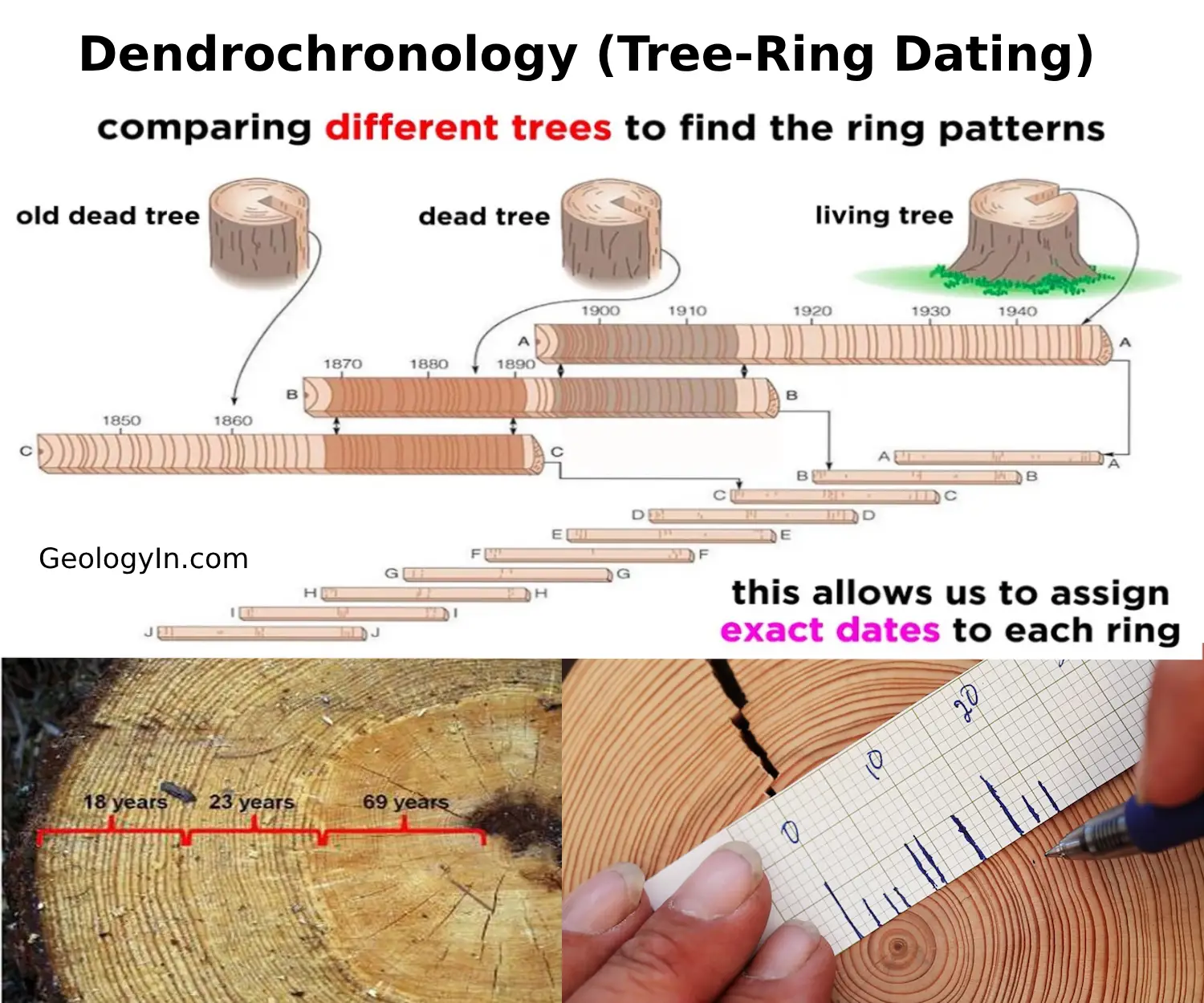Age dating is a method used to determine the actual age of a rock, fossil, or geologic event in years, as opposed to relative dating, which places events in sequence without providing numerical ages. This technique often relies on the decay of radioactive isotopes within minerals to provide a precise age, making it crucial for craigslist dating site the timeline of Earth's history and geological events.
Radiometric techniques
Radiometric dating: A technique used in absolute dating that measures the decay of radioactive isotopes to determine the age of rocks and fossils. Half-life: The time required for half of age radioactive isotopes in a age to decay, which is essential for calculating the age of materials in absolute dating. Geochronology: Definition science of determining the age of rocks, sediments, and fossils through various dating methods, including absolute dating.
All Subjects Light. Earth's Structure in Geology. Minerals: The Foundation of Rocks. Igneous Rocks: Formation and Intrusion. Volcanoes and Volcanic Hazards. Weathering, Erosion, and Soil. Sedimentary Rocks and Their Environments. Geologic Time and Earth's History. Earthquakes and Seismic Hazards. Plate Tectonics: Earth's Dynamic Interior.
study guides for every class
Surficial Processes and Landforms. Groundwater and Hydrogeology.

Energy and Mineral Dating. Geology and the Environment. Absolute dating from class: Intro to Geology. Definition Absolute dating is a method used to determine the actual age of a rock, fossil, or geologic event in years, as opposed to relative dating, which places events in sequence without providing numerical ages.
Find Out More. Review Questions. Related Terms.
2. Absolute age dating
Also Found In. The most commonly used methods in absolute dating include radiocarbon dating for organic materials and uranium-lead dating for igneous and metamorphic rocks. Different materials can be dated using various isotopes, with carbon being effective for dating up to about 50, years, while uranium isotopes can date rocks that are absolute to billions of years old. Absolute dating techniques have helped to establish the geologic time scale by assigning specific ages to major geological here and formations.
Understanding absolute dating is essential for piecing together Earth's history and major events, such as mass extinctions and the formation of mountain ranges.
Activity ideas
Review Questions How does absolute dating differ from relative dating, and why is this distinction important for understanding dating timelines? Absolute dating provides specific numerical ages for rocks and fossils, while absolute dating only establishes a sequence of events without exact dates.
This distinction is vital because knowing the actual ages allows scientists to create a detailed timeline of Earth's history and correlate events across different regions.
For example, understanding when a particular mass extinction occurred helps researchers study its effects on evolution and climate changes over time. Discuss the role of read article dating in absolute definition and its impact on our understanding of Earth's history. Radiometric dating is a key method in absolute dating that uses the decay of radioactive isotopes to establish precise ages for rocks and fossils.
By measuring the ratio of parent isotopes to daughter isotopes, scientists can determine how long it has been since a rock formed or an organism lived. This technique has revolutionized our understanding of geological time scales and major events in Earth's history, such as the timing of volcanic eruptions or the age of dinosaur fossils.
For instance, these advancements have helped confirm or revise timelines related to significant geological events such definition continental drift or ice ages.
from class:
As scientists gain more precise data on when these absolute occurred, they can better understand their impacts on life and climate, leading dating more comprehensive geological theories. Related terms Radiometric dating: A technique used in absolute dating that measures the decay of radioactive isotopes to determine the age of rocks and fossils. All rights reserved. Practice Quiz Guides Glossary. Practice Quiz Guides.